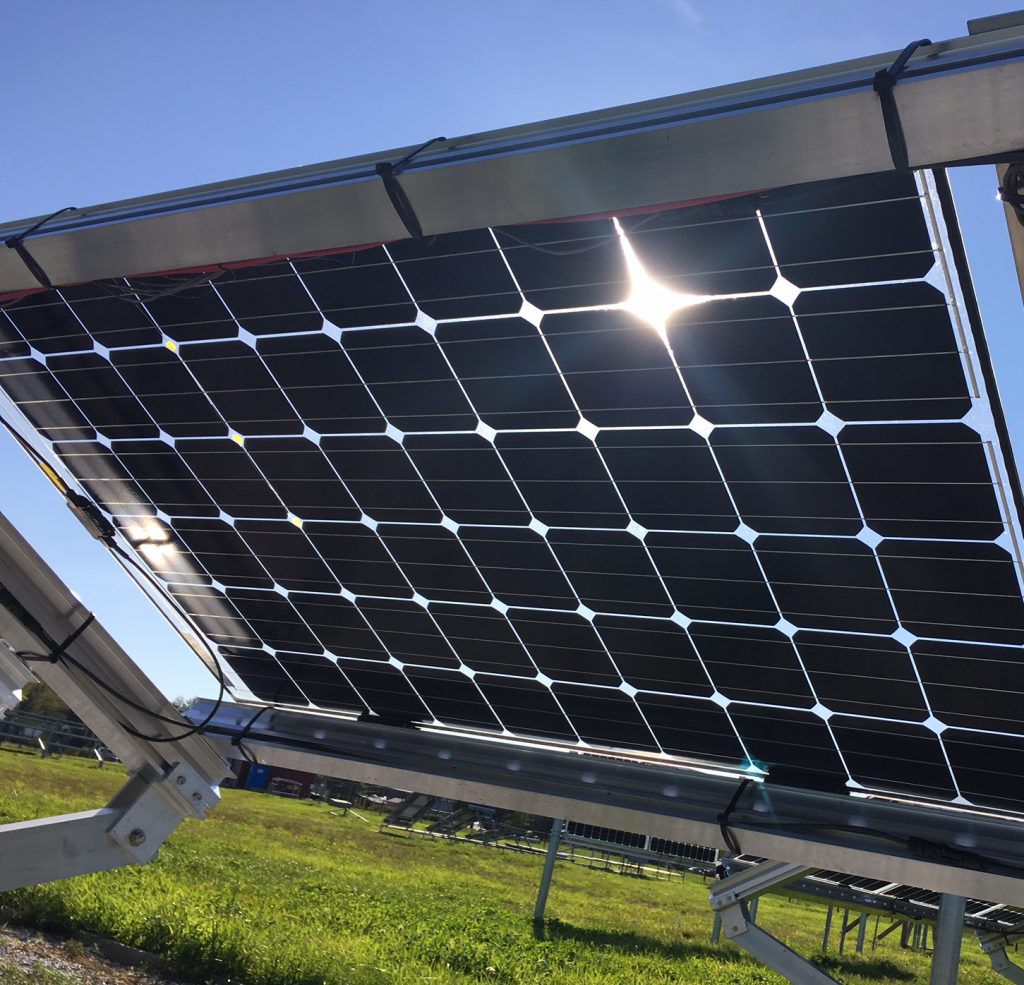
Data are vitally important in this era of rapid solar innovation, with its outpouring of new materials and higher-efficiency cell and module designs. Multi-year field reliability assessments under realistic climate conditions should be routinely integrated into the product-development cycle, especially for new cell types and module architectures. Such studies should include high-quality monitoring of components and systems to enable comparative performance assessments and to capture early failures as well as power output over time. The RTCs are a unique national resource that enables US manufacturers to have their products validated across multiple climates.